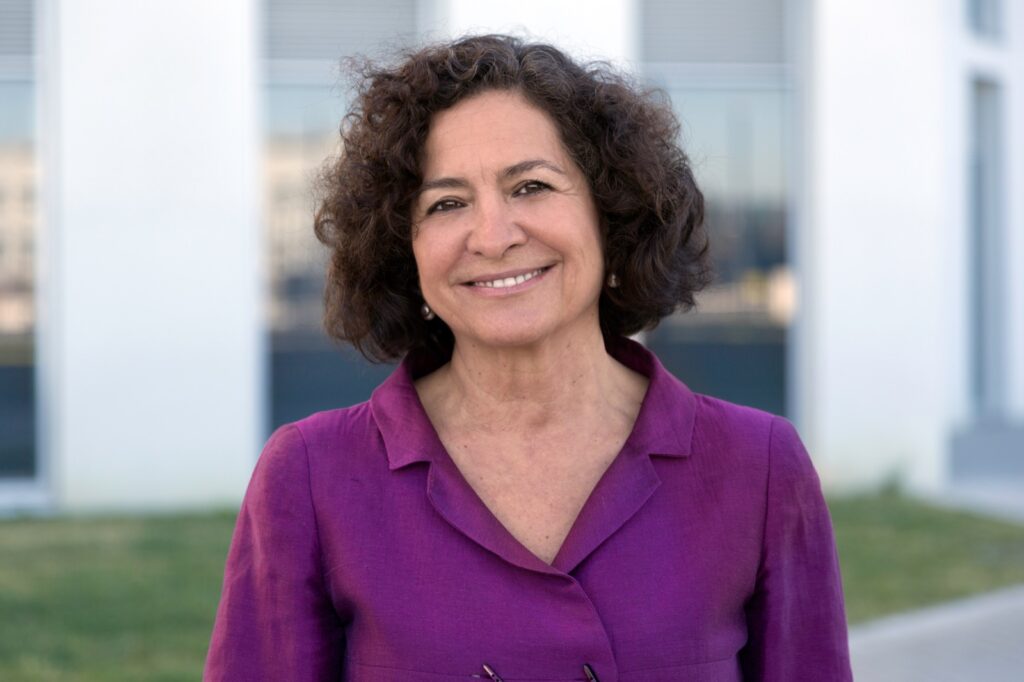‘Women in DONES’ interviews… Pilar Aranda
Posted on |

The Women in DONES (WiD) collective launches a new section with this interview, aimed at highlighting and getting to know women connected to the DONES programme and the field of fusion energy.
We begin this series with Pilar Aranda, the first woman to serve as Rector of the University of Granada. Throughout her research career, she has published numerous articles in prestigious journals and has delivered many presentations and papers at national and international conferences. In 2023, she received the Women in DONES (WiD) Award in recognition of her contributions to science and as an example of effort and perseverance, inspiring women with a scientific vocation.
QUESTION (Q): How did you come to hold the position of Rector of the University of Granada?
ANSWER (A): Thanks to a diverse and strong support group. I had management experience, and the university community knew me through the positions I had held: Director of the Student Agency (1989–1992), Vice-Rector for Students (1992–1996), Secretary of the Andalusian Research Plan (1996–2008), and Executive Secretary of the Euro-Arab Foundation for Higher Studies (2009–2013). I was strongly encouraged to run, and once I got over my “stage fright”, I decided to do it. There was significant participation in drafting the programme for the candidacy and throughout the campaign.
Q: What is your educational and professional background?
A: I hold degrees in Pharmacy and Biology, a PhD in Pharmacy, and I was a Fellow of the Training Programme for Researchers and Lecturers. I conducted postdoctoral research and later served as a teaching assistant, associate professor, senior lecturer, and, finally, full professor.
Q: Have you faced any difficulties, injustices, or obstacles in being a woman? If so, do you think the situation has improved? Do you think we should take further measures?
A: I experienced the usual difficulties of the time, more for being a mother than for being a woman. I didn’t have maternity leave with my first child – I had to leave him at nine months old to carry out a research stay. Later, I also experienced some striking situations simply for being a woman working in a primarily male environment. I believe equality has improved, but there is still much to be done. The glass ceiling still exists, though somewhat cracked, as does the “sticky floor”. We must strengthen measures to achieve effective equality at all educational levels, especially in the early stages.
Q: How would you describe the joint process that led to the creation of IFMIF-DONES?
A: It is an exciting and collaborative project. I believe that the involvement of all institutions and administrations, regardless of political orientation, has been -and continues to be- the key to success. I am confident that this spirit of collaboration will continue.